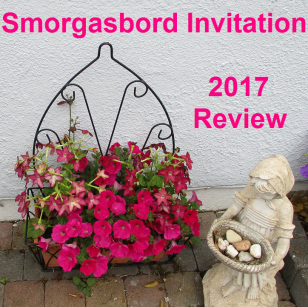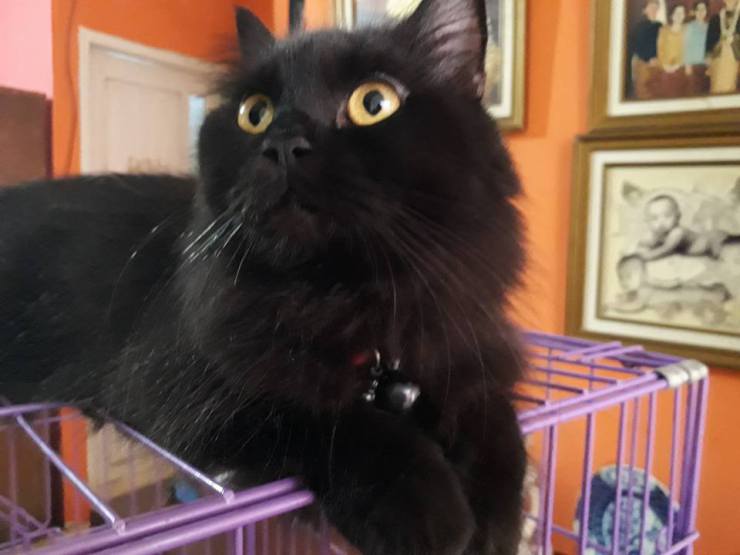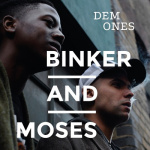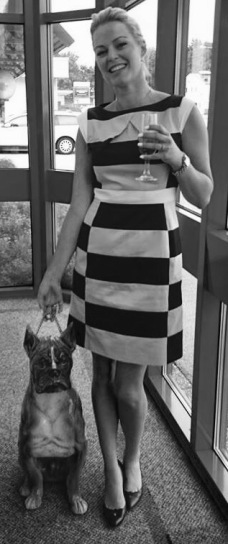Pulitzer-prize wining author Jennifer Egan (A Visit from the Goon Squad, 2011) was in Los Angeles last week to talk about her new historical novel Manhattan Beach with Marisa Silver, part of the ALOUD conversation series from the Library Foundation of Los Angeles.
In a packed auditorium at the Central Library downtown, she shared details about her creative process and what went into creating this book.
It required years of research, which she said she did in a “desultory way” while doing other things from 2005-2012. This included:
- Field trips to shipyards, especially the Brooklyn Navy Yard where she collaborated with the archivist and the Brooklyn Historical society.
- Reading fiction from the first half of the twentieth century. “I included cheesy mysteries, which was wonderful to have an excuse to read those,” Egan said.
- Watching movies from the same time period
She sat down to start writing the book in 2012 without a real sense of who would be in it or what it would be about. When she starts writing any piece of work, she usually has a time, a place, and an abstract question.
With Manhattan Beach, she had very vague ideas about what would be in the book. She knew she wanted it to be set in New York during World War II, that she wanted to explore what it was like to feel the power of America amassing, that she wanted to have a female protagonist working in shipyards, a male authority in the mob world, and maybe one more main character. “There were questions, there were big things I didn’t know,” she said.

Once she began writing her first scene, the architecture began to reveal itself.
“I spent a year and a half on that first draft, and it was 1400 handwritten pages,” she said, which she then typed and read. “In a way, it couldn’t be a more inefficient process,” Egan told the crowd to laughs. “We have technical solutions for this nowadays. But the reason I do it is that is my best shot at good material. If I just sit down and think, I don’t have good ideas.”
This is her process every time. Once she has completed this first stage, she gets analytical and does charts and maps for her story.
She said that sometimes very little is salvageable from that first draft. “I thought it was terrible, and it was, but when I look back, there actually was a fair amount that was salvageable… I guess there was more there than I thought.”
Silver asked her if the novel came out easily when she started writing.

“There’s plenty of throat-clearing,” Egan said. “I’ll have a full day where I’m just trying to fill my pages so I can stop. And of course nothing could be more obvious. And then some days I’m right there and I’m moving…
I try to write 5-7 pages a day. Sometimes I’ll get on a roll, and I write 10, but that’s always a mistake the next day, because I’m depleted. So having a little more I want to do on a particular day is not so bad.”
Egan said that one of the main things that wasn’t working in the first draft was the voice of the book.
“Voice, which is something I think about a lot, I think is actually the most important part of a book, sort of the way it speaks. And I always liken it… to me, it’s really like the stock of a soup. If you have a really great stock, you could put a boot in it, and it will actually still taste good, because you have a great stock. And if you have a thin stock, you can put in the most marvelous ingredients, and it will still taste dull. So for me, the voice is that stock. And it can take a while, just as a stock does, to kind of mature and figure out what the right elements are.”
There was a period after reading the first draft where she thought very seriously about abandoning the book. She said she wasn’t sure that she could do it. But she stuck to it because there was nothing else that she wanted to do, nothing else was pressing on her, and all the research that she did felt vital. “The research was not only essential, but it kind of sustained me.”
I was so struck by the amount of time it took this project to come to fruition–over a decade–and how gnarly the writing process is even for a writer who has won the Pulitzer Prize.
You can listen to the full inspiring conversation on the ALOUD podcast (find it in your smartphone app), or here.
Advertisements Share this:





